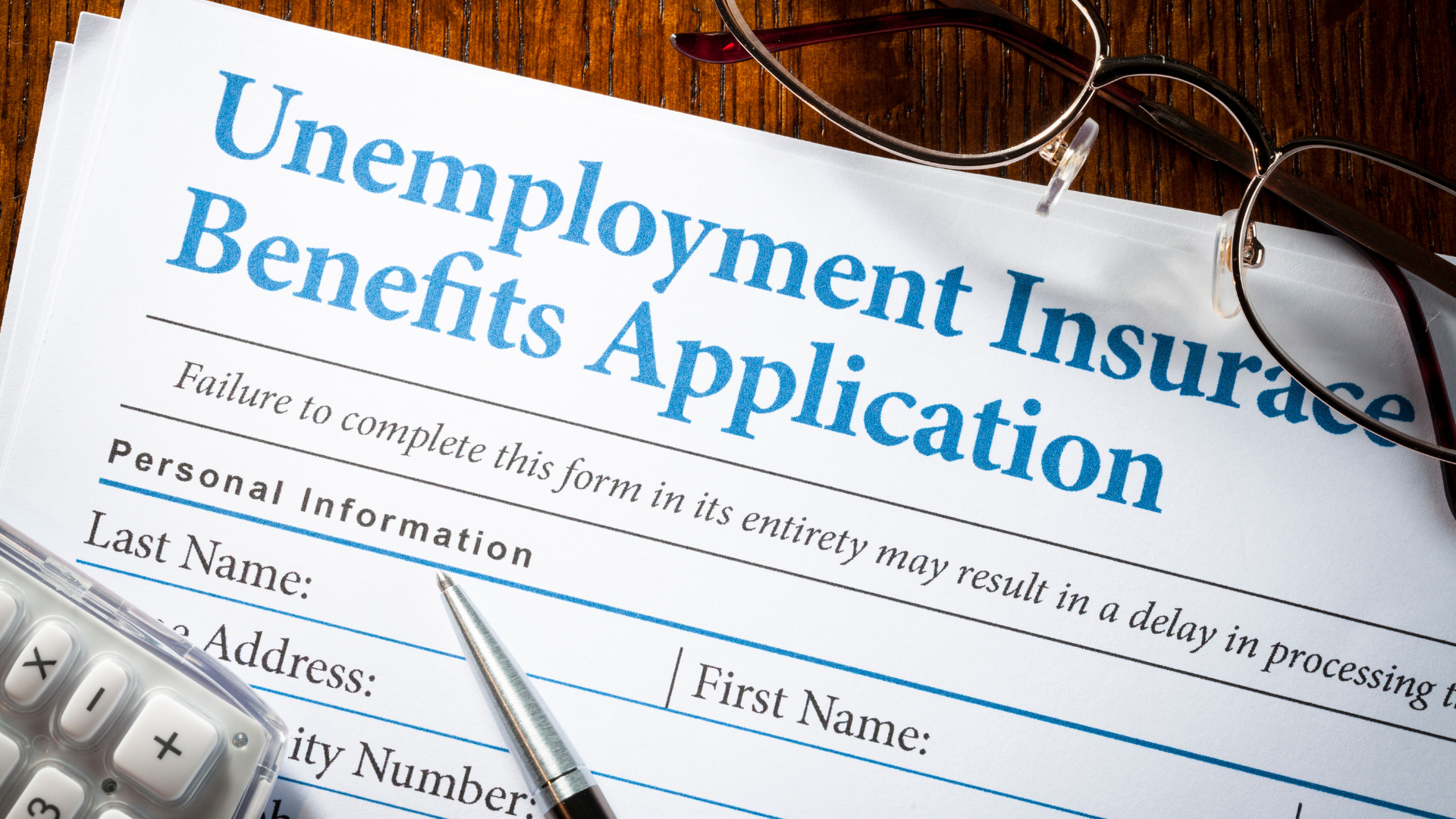One of the most effective ways to begin saving money is to start small. By setting smaller goals initially, you can gradually make progress and build momentum towards larger savings targets. In this blog post, we’ll guide you through the process of starting small and working your way up to achieve your savings goals.
What is personal savings?
Personal saving is a key part of financial security. It can help you build up a cushion in an emergency, cover unexpected costs, and help you save for future goals. There are many different ways to start saving money, and the best way for each person depends on their circumstances. Here are some tips to get started:
- Make a budget and stick to it. One of the best ways to save money is to create a budget and stick to it. This will help you identify where your spending is going and help you make smart decisions about what to save and invest in.
- Pay off high-interest debt first. If you have high-interest debt such as credit card balances, student loans, or car loans, try to pay those off first before starting to save more money. This will reduce your overall interest expenses and free up extra monthly cash that can be put into your personal savings account.
- Invest in yourself educationally and financially. The best way to improve your financial situation over time is by investing in yourself educationally through learning about financial planning basics, getting ahead with online banking tools, or taking classes on building wealth for the long term. Additionally, try to live within your means by cutting back on unnecessary expenses or finding cheaper alternatives when possible.
- Make use of workplace savings programs. Many workplaces offer employees various savings programs that allow them to contribute money towards specific goals such as retirement savings, a home down payment, or tuition costs. It’s important to speak with your employer about their programs and see if there are any specific funds you may be interested in saving for.
- Choose banks or financial firms that provide high yield rates. When choosing where to keep your savings, it’s smart to go for banks or financial companies that can offer high yield rates. You might consider exploring firms similar to ATMOS (accessible via joinatmos.com/nonprofit-savings-account) that could provide you with the opportunity to increase your returns and build your savings by making monthly donations to a climate nonprofit or similar causes. Opting for such options can help you make the most out of your money and advance your financial goals.
- Consider using a pooled investment account. A pooled investment account is a great way to save money together with others. This account allows you to invest money with other people and share the risk of potential financial losses. This can help you build up a larger savings account over time and can be a great way to start investing in the stock market.
How to start saving money?
When saving money, there are a few steps you can take to get started. The first step is to create a budget and stick to it. Make sure that every dollar you earn is put towards your savings goals. Another way to save money is by using coupons. Coupons can be found in the newspaper, online, or in magazines. Always read the fine print before clipping anything! One last tip for saving money is to utilize your credit card rewards program. This can be a great way to get extra cashback on your purchases. Additionally, you can approach a certified financial planner hong kong or similar others elsewhere in order to gain expert insight into saving money. With personal planning, it might seem more flexible to manage finances, but with professional guidance, it can become easier to achieve long-term financial goals effectively.
How to save more money?
There are a few simple ways to start saving money right now. One is to create a budget and stick to it. Another is to designate specific days each week or month for budgeting and tracking your spending. And lastly, try automating your finances by setting up automatic transfers from your checking account into savings or a rainy day fund. Here are more tips on how to save more money:
Create a budget and stick to it.
One of the best ways to save money is to create a budget and stick to it. Setting aside specific monthly funds for living expenses can help you avoid overspending and build up a rainy day fund. If you struggle to stick to your budget, try using one of these helpful budgeting tools: Mint, MoneyWise, or Betterment.
Maintain goals.
When you have goals that you can save towards, you learn how to prioritize different things, which is instrumental in making you save more. These could be categorized into healthcare, medicine, travel, retirement, investments, fixed expenses, leisure, and more. Further, when you’re old, you might even want to move into an assisted living facility (like the one at www.carltonseniorliving.com/community/san-jose/) so that healthcare access can be made more manageable. So, in order to meet future expenses with ease, you will need to understand what your goals and aims are and funnel your money towards them.
Designate specific days each week or month for budgeting and tracking your spending.
Another great way to save money is by designating specific days each week or month for tracking your spending and budgeting. This way, you’ll be able to see exactly where your money goes and make adjustments as needed. To get started, set up an online account with something like Mint or AllAboutMoney so you can easily track your expenses in one place.
Automate your finances by setting up automatic transfers from your checking account into savings or a rainy day fund.
If you’re looking to save more money regularly, consider automating your finances by setting up automatic transfers from your checking account into savings or a rainy day fund. This way, you’ll be able to save money automatically each month without having to think about it. There are a variety of different financial institutions that offer these services, so you can find one that works best for you.
Why is personal savings important?
Saving money privately is a wise financial habit that bestows individuals with a heightened sense of security during emergencies or economic downturns. Furthermore, research consistently affirms that those who adhere to a disciplined savings plan are better equipped for their retirement years, ensuring enduring financial stability and peace of mind in the long term. Even in cases where support and assistance from care professionals are required, a well-structured savings plan proves to be invaluable. Whether availing a service like Care For Family: in home care sydney, or residing in assisted living facilities, these services provide personalized attention, medical aid, and emotional support, empowering seniors to navigate the challenges that come with aging.
When you start saving for your future, it can be difficult to break the habit, but small steps can help make a big difference. Here are five tips for getting started:
- Make a budget and stick to it- This is the most important step when saving money. Creating a budget will help you track where your money is going and help you stay on track with your savings goals.
- Invest in yourself- One way to save money is to invest in yourself. This means learning about and investing in financial products that will grow over time, such as mutual funds or CDs.
- Automate your finances- If you can set up automatic transfers from your checking account into a savings or investment account, it will help keep your finances organized and easier to manage.
- Get creative with your spending- Sometimes, the best way to save money is by finding creative ways to cut back on expenses. For example, if you regularly buy groceries on sale, try eating out less often or cooking at home more frequently instead.
- Stay positive- Keeping a positive attitude toward your finances can be tough, but it’s important if you want to stick with saving
Tools for savings
There are a few easy ways to start saving money right now. One way is to create a budget and stick to it. By knowing what your regular expenses are and how much you can afford to spend, you can save money without feeling deprived.
Another way to save money is to use coupon codes and discounts. Many stores offer discounts for using coupons, so it’s worth taking the time to search for them online. Finally, think about ways you can cut down on frivolous spending. For example, try not to buy things that you don’t need or that won’t add value to your life.
By making these simple changes, you can start saving money right away!




